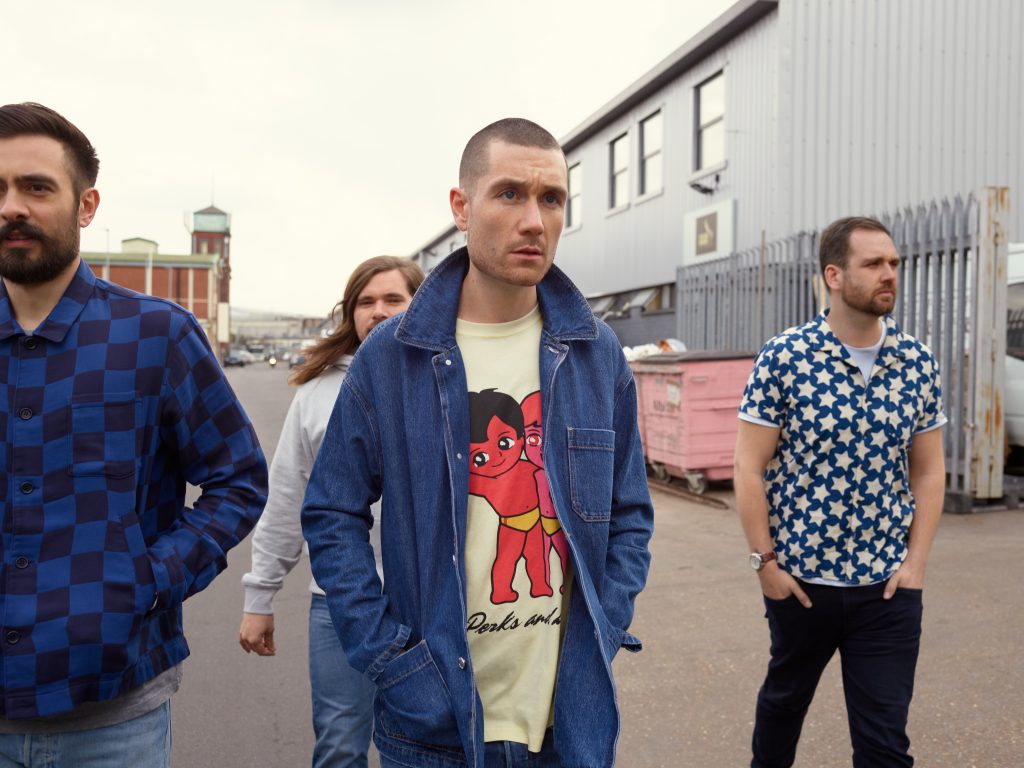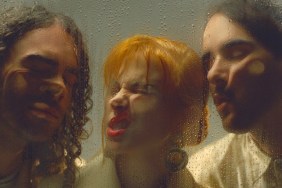Self-described as an ‘apocalyptic party album’, London locals Bastille‘s third record takes place over the course of a night out during the end of the world.
Over 11 tracks, you’re dragged on a journey of distraction from the surrounding apocalypse, whether that involves screaming along to the radio in the back of an Uber on ‘Quarter Past Midnight’,…











